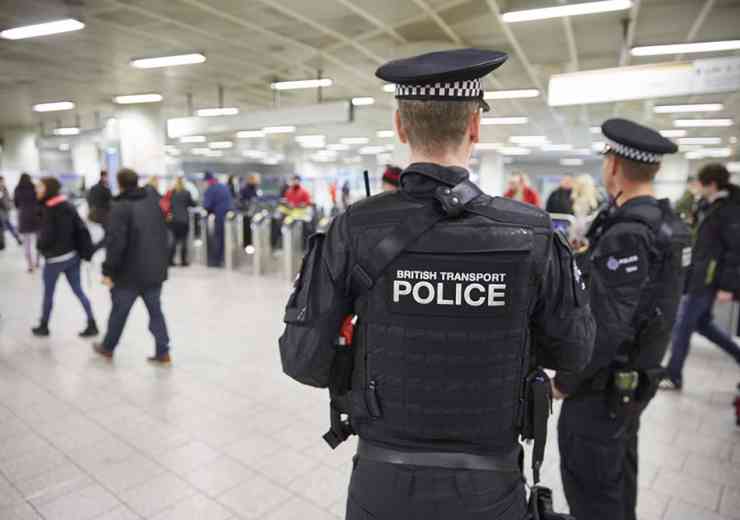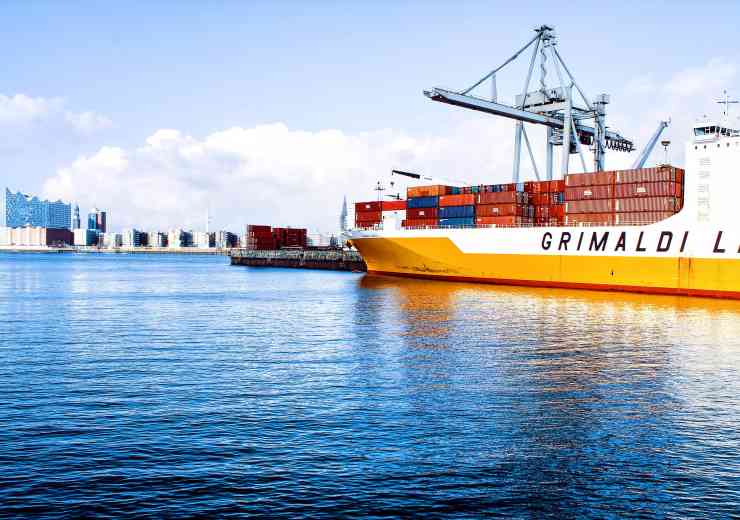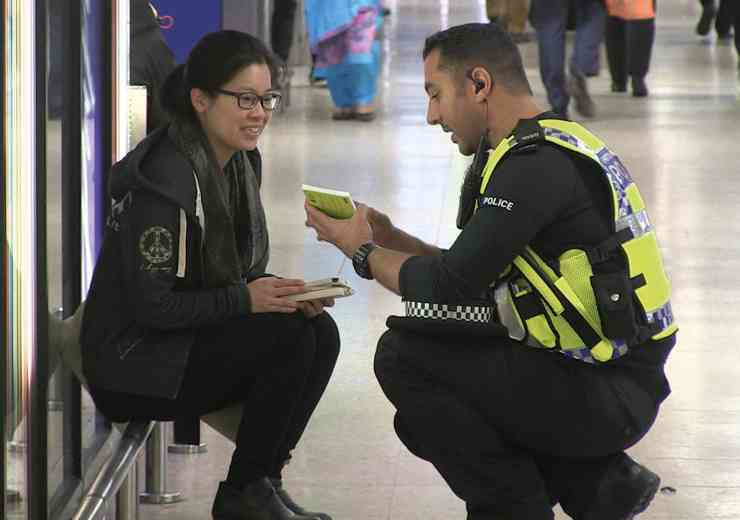
Securing safe passage for freight to the UK
Alex Veitch, of the Freight Industry Association, discusses the current challenges the logistics industry faces from terrorism.
Ensuring safety while minimising disruption is a huge challenge for the logistics industry when moving goods between countries. The nature of these operations offers opportunities for terrorist activity - and indeed other criminal behaviour such as smuggling - so it is vital that security is tailored to the specific operation and level of risk without compromising viability.
The spotlight has been firmly on air cargo in recent years and it is clear that security and safety issues will continue to dominate the air transport agenda for the foreseeable future.
Airport security systems are regularly assessed for their efficacy and those that fall below standard have sanctions put in place against them. This is currently the case with Bangladesh, which illustrates the complex interactions between security and the international logistics chain.
On 8 March, the UK Department for Transport (DfT) announced that security assessments of Dhaka International Airport had found that some international security requirements were not being met. As part of a set of interim measures, cargo is no longer permitted on direct flights from Dhaka to the UK until further notice. Airlines carrying cargo between Bangladesh and the UK on indirect routes are being asked to ensure that it is re-screened before the final leg into the UK.
Following contact by the Global Shippers' Forum, the DfT clarified the measures and stressed that trade impact should be minimal. There is currently only one carrier flying cargo on direct flights – Biman - which is likely to be a minority of the air cargo that comes from Bangladesh to the UK, although detailed figures are not known. Most of the rest will go via Dubai, Qatar and Istanbul, with some going via Malaysia, Kuwait and Uzbekistan. All will need to be re-screened before the last leg into the UK. It may be the case that Biman’s cargo will now be redirected to one of the indirect routes, however this is unclear.
The UK government view is that while there will inevitably be some disruption to the flow of cargo, carriers should be able to apply the requested processes without too much difficulty. In addition, as most of this cargo is travelling in passenger aircraft, the clear expectation from DfT is that carriers will want to take extra care given the current circumstances.
The Bangladesh Garment Manufacturers and Exporters Association (BGMEA) has called for action on all sides to enable the ban to be lifted as soon as possible. According to BGMEA, the UK is the second biggest garment export destination for Bangladesh among the EU countries after Germany.
While the majority of goods are transported by sea, air cargo also plays a key role in the logistics chain and - by extension - the economic development of Bangladesh. At the other end of the logistics chain, UK importers are concerned over the trade impacts of the decision, while fully supporting improved security measures. Both sides want to see direct cargo flights resume as soon as practically possible.
In addition to announcing the temporary ban on cargo transported on direct flights, the DfT announced that it is working with the government of Bangladesh to support improvements in standards for all aspects of aviation security. UK-based Redline Assured Security has signed a two-year contract with the Bangladesh government to provide aviation security services at Dhaka Airport. Hopefully this is the first step to resolving the security to enable the interim ban to be lifted.
Security clearance
Looking beyond Bangladesh, there are a number of other parts of the world with security challenges which will create issues for international supply chains. However, it is not always possible to know where the next major risk, and therefore supply chain disruption, is likely to be.
There is, understandably, a limit to the information that governments are able to share with external stakeholders - trade associations like ours, and individual companies. The information we receive tends to be in the public domain, and it provides more of a general view of terrorist threats in different regions rather than specific intelligence related to airports.
That said, the UK government does provide regular security briefings and meetings with stakeholders, allowing a two-way conversation to ensure the needs of both sides are understood. For example, the UK government is currently reviewing whether the type of security clearance required for cargo handlers is appropriate, and is consulting with the trade to understand the business impacts under different options.
Recent information indicates, for example, that the terror threat remains high from ISIL/DAESH and is now considered 'emerged' rather than 'emerging'. The levels of security at Cairo and Sharm-el-Sheik airports are also still under close observation.
Though EgyptAir MS804, which crashed last month on a flight from Paris to Cairo amid terror fears, was carrying no cargo there are still major concerns about security of freight operations at Cairo and Sharm-el-Sheik airports.
Somalia, where a laptop device was found in a small regional airport, and Kenya are areas of particular concern, and a common theme is insider threats (airport staff carrying out terror attacks) and low-sophistication devices.
A further challenge, and one that is extremely difficult to predict and to deal with, is when airport terminals are targeted simply because they are areas where large numbers of people congregate. This was, tragically, the case at Brussels Airport where the terrorists attacked in the departure area outside the security zone. How these attacks can be prevented in the future is outside the scope of this piece, and the air cargo trade in general.
On the air cargo side, there are very tight security restrictions around cargo arriving into the on-site area, and equally tight restrictions on cargo handling in terms of staff security clearance and the inspection of the cargo itself. It would be disruptive to introduce security arrangements for passengers at the airport perimeter, however this is a matter for airports and security services to discuss. Regrettably such controls may be required in the future.
Other modes of transport
Moving on from air cargo, there are some terrorism concerns in other transport modes. Container shipping, for example, which moves approximately 90 per cent of British goods by volume has far fewer terrorist issues than air cargo. There are serious concerns over marine piracy, but relatively few examples of attacks at major ports or vessels. That said, this sector must remain vigilant and alert to the possibilities, given the strategic importance of the large container ports. It is highly likely that security arrangements will remain tight for the long term.
Railways are also potential terror targets, with the tragic bombing of passenger trains in Madrid in 2004 a clear example. The attack, which killed 192 people and injured around 2,000, was attributed to an al-Qaeda-inspired terrorist cell. Backpack devices were used to set explosions in several carriages on the busy trains just days before Spain’s general election, bringing the whole network to a standstill.
In addition, there was a close call on the Thalys passenger service between Paris, Brussels and Cologne in 2015 when a heavily armed, Paris-style attacker boarded a train only to be thwarted by off-duty military personnel who happened to be on board at the time.
Railway stations, like airports, are areas of high concentration of people and, as such, are potential terrorist targets. Any such event here in the UK would cause immense disruption to rail freight supply chains. Goods carried by rail are often heavy and rail-specific loads which would take considerable time and effort to move by road instead.
In conclusion, balancing security with cost and practicality are great challenges for the logistics industry – particularly in the air freight sector where there are inconsistencies in security standards across the world and many opportunities for criminal behaviour throughout the chain. The importance of sharing information and working together cannot be underestimated.
digital issue




















